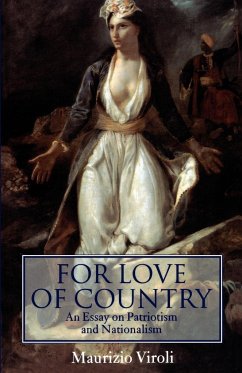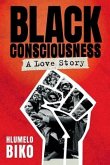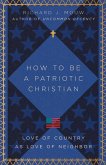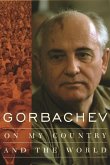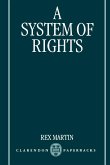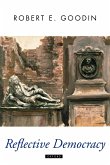Nationalism and patriotism are two of the most powerful forces shaping world history. Though seen by many as two sides of the same coin, they can and must be distinguished. Reconstructing the historical meaning of the terms, Maurizio Viroli shows that the two concepts have been used for very different political and ideological goals. Over the centuries, the language of patriotism has been used to strengthen or invoke a generous and caring love of the political institutions and the way of life that sustain the common liberty of a people, whereas the language of nationalism was forged in late 18th century Europe to defend or reinforce the cultural, linguistic, and ethnic oneness, and homogeneity of a people. He brings to the surface the existence of an intellectual tradition in modern and early modern political thought which has been using the language of patriotism as a language of liberty and civic commitment and argues that it is to the intellectual tradition of republican patriotism that we ought to refer to find a powerful antidote to nationalism and a valuable source of civic responsibility for multicultural democratic societies.

